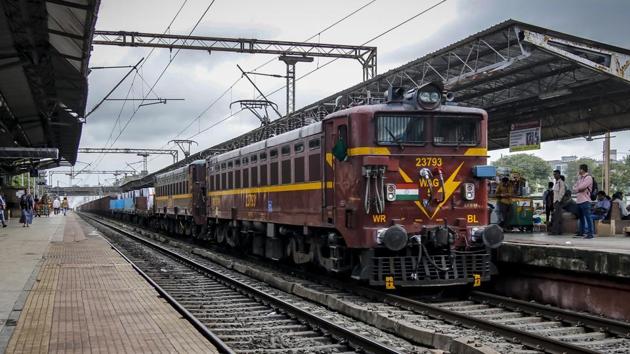IRCTC restores service charge, online tickets to become costlier
IRCTC will levy a service charge of R15 on a ticket for non-AC classes and R30 for AC classes, including first class, according to an order. The Goods and Services Tax (GST) will be applicable separately.
Passengers of the Indian Railways will have to pay more as the Indian Railway Catering and Tourism Corporation Limited (IRCTC) has decided to restore convenience fee on e-tickets booked through its website.

IRCTC will levy a service charge of R15 on a ticket for non-AC classes and R30 for AC classes, including first class, according to an order. The Goods and Services Tax (GST) will be applicable separately.
The service charges were withdrawn three years ago to promote digital payments, a pet project of the Narendra Modi-led BJP government.
IRCTC used to levy a service charge of R20 on every non-AC e-ticket and R40 for every AC ticket.
According to IRCTC’s annual report, it sold train tickets worth R28,475 crore online in the year ending March 2018, growing 14% from a year earlier, but its overall income registered a dip.
“It has been decided to reduce these charges as compared to old charges levied around three years back. The convenience fee will be charged at R15 per ticket for non-AC class whereas it will be charged at R30 per ticket for AC class. This convenience fee will be charged from September, 01, 2019,” a spokesperson for IRCTC said.
For payments made through UPI/BHIM applications, the convenience fee will be R10.00 and R20.00 for booking railway tickets online for non-AC and AC classes, respectively. Till a software for UPI/BHIM is developed, payment through it will be incentivised by offering prizes through lottery on a regular basis.
“With the advent of e-ticketing, booking of train tickets has become very convenient and easy for passengers of Indian Railways. One can book the train tickets from the comforts of their homes or offices, without going to PRS counters. It saves time and money spent in going to PRS counters,” the spokesperson added.
Historically, IRCTC’s revenue have come from service charge on tickets, the sale of Rail Neer packaged water, onboard catering services and licence fees from outsourced catering vendors.
“The withdrawal of service charge has resulted in the loss of R693 crore during 2017-18 in turnover of IRCTC. The annual expenditure of R80 crore incurred on the ticketing system on website, marketing, operation and after sale service is being compensated by Ministry of Railways,” IRCTC had said in its filing with the Registrar of Companies..






